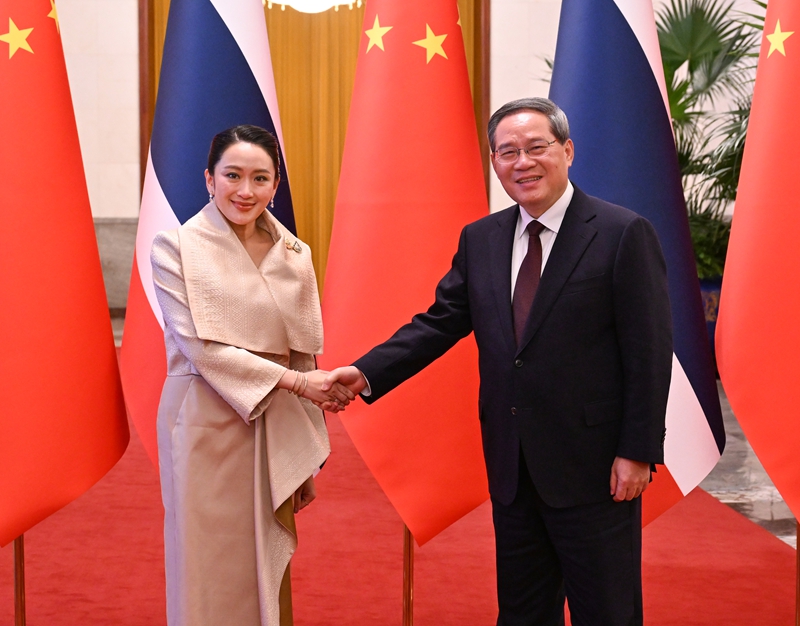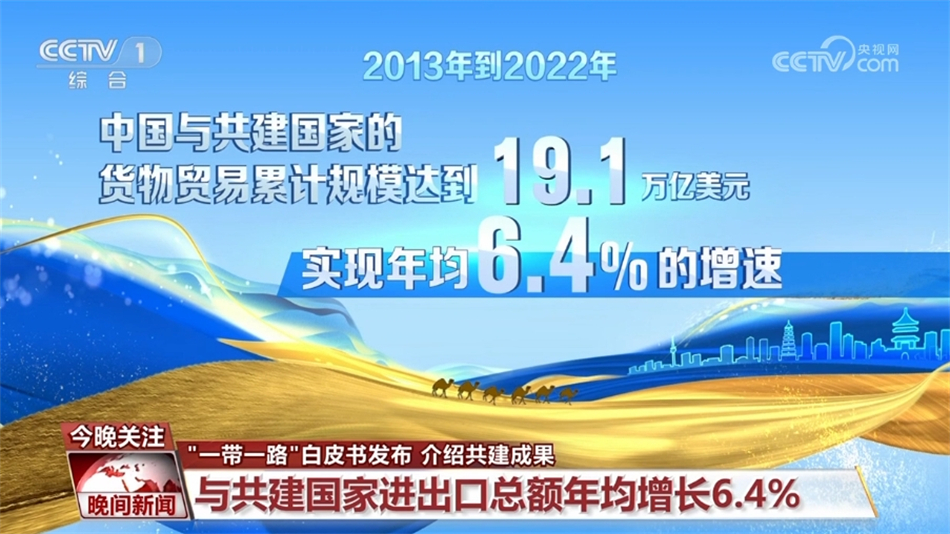A-shares Are Rising Crazy! Foreign Capital Is Crazy About Bullishness!
A-shares Are Rising Crazy! Foreign Capital Is Crazy About Bullishness!
WeChat has restricted my traffic these two days. If you want to receive messages, you must have a star tag. I have tested it and will not be pushed without a star tag. If you want to receive the message earlier, just mark it. The message area will tell you how to do it.The index is still fluctuating upward. I estimate that it will pull back in a few days. If you want to chase it, you can wait for it to buy when it pulls back.If the Shanghai Composite Index soared like last year
1. Something big
WeChat has restricted my traffic these two days. If you want to receive messages, you must have a star tag. I have tested it and will not be pushed without a star tag. If you want to receive the message earlier, just mark it. The message area will tell you how to do it.
The index is still fluctuating upward. I estimate that it will pull back in a few days. If you want to chase it, you can wait for it to buy when it pulls back.
If the Shanghai Composite Index soared like last year's 924, it may have a group of people trapped at the high point. They were trapped last year, but they should not have been released yet.
On January 21, the robot ETF () I mentioned in the article [] may have a big market.


Then it rose straight to the present, and the increase was at least 10%.
So I often share opportunities in articles, it depends on whether everyone can seize them.
If you make money, you can sell it at any time. My most fear is that after I review the market, you will rush in. It will be fine if it goes up, but if it falls, it will be very uncomfortable. It is best to wait for a callback, and it feels like the robot is going to callback.
Deutsche Bank posted a research report, looking wildly long on A-shares.
In its report, Deutsche Bank emphasized China's rise and dominance in the global industrial and economic fields.
The subtitle "China's, not AI's," (China's, not AI's Sputnik Moment) emphasizes that this "Sputnik Moment" is not just a breakthrough in the field of artificial intelligence, but China's overall technical capabilities. and the iconic moment when intellectual property is recognized worldwide.

Original title
Here is the "Sputnik Moment": This term originated from the successful launch of the world's first artificial satellite, "Sputnik 1", in 1957. At that time, this incident shocked the United States and triggered a global scale. Re-examination of technological competition. Deutsche Bank believes that this "Sputnik moment" is not limited to the field of artificial intelligence, but China's comprehensive rise among many high-value-added industries.
By controlling core technologies and expanding supply chain dominance, China is reshaping the global economic landscape at an unprecedented rate. In other words: China no longer only relies on low-cost manufacturing, but has gradually established its leadership position in the global market through technological innovation and accumulation of intellectual property rights.
Data in the article shows that China's patent holdings in the electric vehicle field account for 70% of the world, and the situation of 5G and 6G telecommunications equipment is similar. This technology accumulation has enabled Chinese companies to gradually gain the right to price, and the export product structure is from the traditional The OEM model has shifted to the output of independent brands.
China has applied for patents far exceeds other developed economies
In terms of industrial layout, Deutsche Bank particularly emphasizes the innovation of globalization strategies of Chinese companies. Unlike Japan's passive adjustments in the last century due to the "Platform Agreement", the industrial chain network built by China through the "Belt and Road" has gradually taken shape.
In 2024, China's export growth rate to emerging markets such as Brazil, the UAE, and ASEAN will all grow by more than double digits:

China's export market diversification strategy has begun to show results
Deutsche Bank also mentioned the structural problems of China's population. They believe that many people have ignored two facts: one is that everyone ignores China's leadership in the field of reautomation, and it should be known that 70% of industrial robots are installed in China; Second, China is taking a huge economic hinterland into its scope, and the Belt and Road Initiative has opened up huge potential markets in Central Asia and West Asia, the Middle East and North Africa. Against the backdrop of trade frictions, Chinese companies' "curve overseas" strategy has achieved remarkable results, and emerging markets are becoming a new blue ocean for capacity digestion.
Deutsche Bank differentiates the current Chinese economy from Japan in the 1980s: China's real estate price adjustment is controlled to 30%, mortgage interest rates drop by 50%, nominal GDP grows by one third, and residents' ability to buy houses has recovered to many years. See the level.
Our financial system reform may replicate Japan's path from 1987 to 89, releasing more than $10 trillion in household savings through interest rate marketization reform.

Total savings for Chinese residents
The current discount rate of the MSCI China Index reaches historical extremes compared to the global index, and Deutsche Bank believes that this valuation level is in sharp contrast to China's science and technology economic development.
With the improvement of the RMB cross-border payment system and the advancement of A-share system opening, there is room for improvement in the allocation of positions of international capital to Chinese assets in 3-5 percentage points, and the advantages of Chinese companies have not been fully priced:

The discount rate (green line) of MSCI China Index (red line) compared to the global index (blue line): has reached the historical extreme value
As Deutsche Bank said, this is the "Sputnik moment in China" - a key turning point marking the global recognition of China's innovation. History will not be simply repeated, but capital will always chase winners.
Capital around the world realizes that they pay not only corporate profits, but also a strategic premium for an economy in the battle for technological sovereignty.
This wave of value revaluation that began in 2025 may be the opening battle of the reconstruction of the global capital map in the 21st century.
What's the direction?
I think on the broad base, the Shanghai and Shenzhen 300, the CSI A500, and the ChiNext Index are all available.
In terms of segmentation, you can look at technology more, such as Science and Technology Innovation 50, semiconductor index, chips, and these are right.
If you divide it more carefully, it is robots, right?
The more subdivided the, the greater the fluctuation, everyone should pay attention to it. Xiaobai suggests that he should start with slacking off.
The following two small accounts, one is about stocks and the other is about funds. It is recommended to move your fingers to make money and pay attention to both:

Just scan the QR code below:
Recently, convertible bonds are here again, remember to make an appointment to subscribe.
Keep investing in new debts. Those who don’t know how to invest in new debts can read this article:





